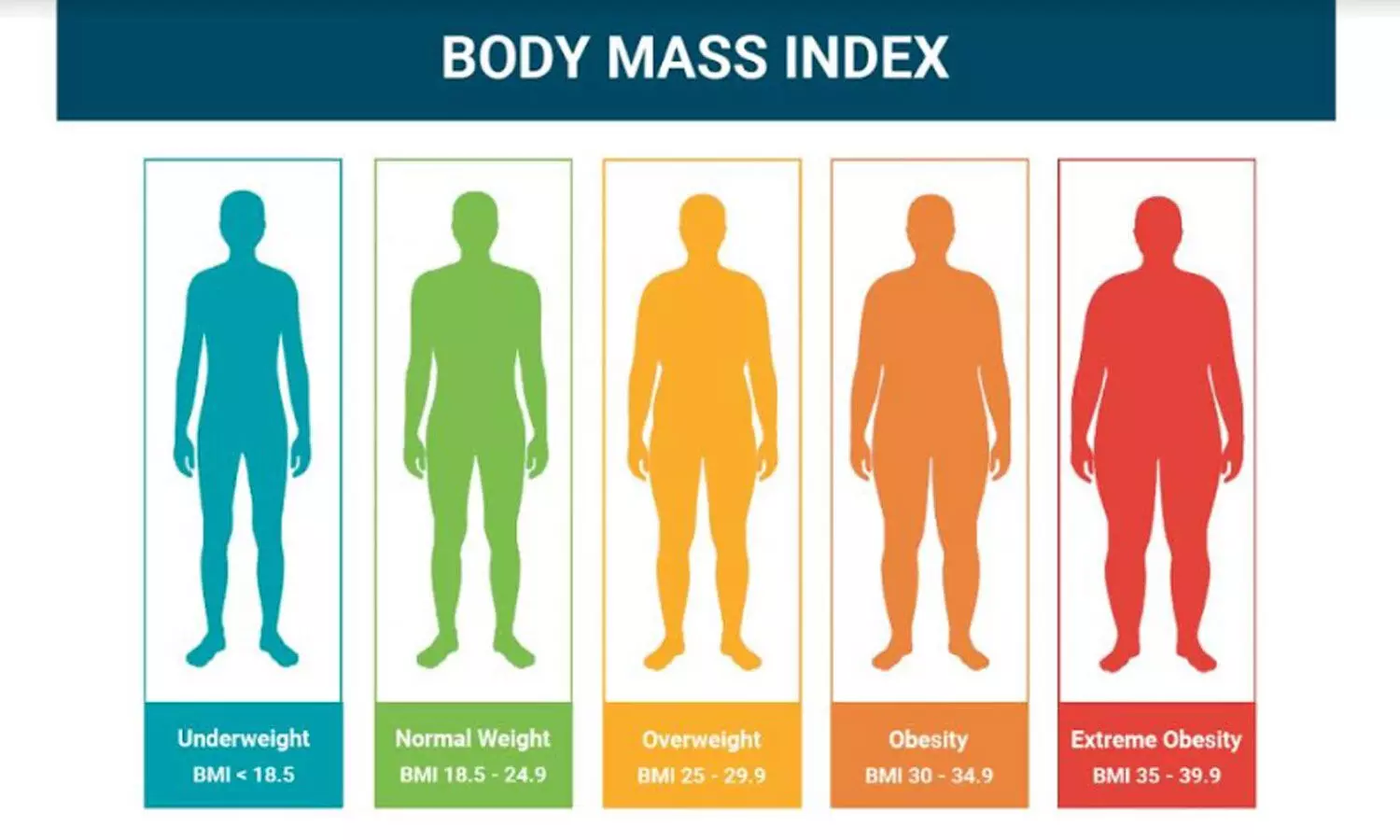Body Mass Index (BMI) Calculator: All You Need to Know

Have you ever wondered if you are at a healthy weight or if you should lose a few kilos? One way to determine this is by using a Body Mass Index (BMI) calculator.
Have you ever wondered if you are at a healthy weight or if you should lose a few kilos? One way to determine this is by using a Body Mass Index (BMI) calculator. In this article, we will discuss all you need to know about BMI calculator, including how they work, how to use them, and what the results mean.
What is the BMI calculator?
BMI Calculator is a tool used to calculate your Body Mass Index (BMI). BMI is a measure of body fat based on your height and weight. It is often used to determine if someone is overweight, underweight, or at a healthy weight.
BMI calculators work by considering your height and weight to determine your BMI. The calculation is based on the formula:
BMI = (weight in kilograms) / (height in meters x height in meters)
The result is a number that helps to determine your weight status. Generally, a BMI below 18.5 is considered underweight, 18.5 to 24.9 is considered healthy, 25 to 29.9 is considered overweight, and 30 or higher is considered obese.
How to use a BMI calculator?
Using a BMI calculator is a simple process. First, you will need to input your height and weight into the calculator. Then, the calculator will use the formula mentioned earlier to determine your BMI. The result will be a number that corresponds to your weight status.
For example, if your BMI is 23, you would fall into the healthy weight range. If your BMI is 29.5, you would be considered overweight.
It is important to note that BMI calculators are not 100% accurate. They do not consider factors such as muscle mass, which can affect your weight status. For example, a bodybuilder may have a high BMI due to their muscle mass, but they would not be considered overweight or obese.
Height metrics for BMI calculator
Understanding weight according to height is crucial for assessing health using tools like the BMI calculator. BMI (Body Mass Index) measures body fat based on height and weight. However, it's important to recognise that while BMI provides a general indication of health, it may not consider individual factors like muscle mass or body composition. Consulting a healthcare professional for a comprehensive assessment is advisable. Nevertheless, maintaining a weight within the recommended range for your height can contribute to overall well-being and reduce health risks.
Interpreting your results
Once you have used a BMI calculator and have your BMI result, you will need to interpret the results.
If your BMI is below 18.5, you are considered underweight. This could be a result of a variety of factors, such as genetics, a medical condition, or an eating disorder. If you are underweight, it is important to speak to your healthcare provider to determine the cause and receive appropriate treatment.
If your BMI falls within the healthy weight range of 18.5 to 24.9, you are considered to be at a healthy weight. Congratulations! This means you are at a lower risk for health problems such as heart disease, diabetes, and certain types of cancer.
If your BMI falls within the overweight range of 25 to 29.9, you are considered to be overweight. This means you are at a higher risk for health problems such as heart disease, high blood pressure, and type 2 diabetes. It is important to speak to your healthcare provider about making lifestyle changes to improve your health.
If your BMI is 30 or higher, you are considered to be obese. This means you are at a significantly higher risk for health problems such as heart disease, stroke, diabetes, and certain types of cancer. It is important to speak to your healthcare provider about making lifestyle changes to improve your health.
Other factors to consider
While BMI is a good starting point for assessing your weight status, there are other factors to consider as well. These include:
1. Waist circumference: Measuring your waist circumference can provide additional information about your weight status. A waist circumference of more than 35 inches for women and more than 40 inches for men is considered a risk factor for health problems.
2. Body composition: As mentioned earlier, BMI does not consider factors such as muscle mass. Measuring your body composition, such as your body fat percentage, can provide a more accurate assessment of your weight status.
3. Overall health: Your overall health is a combination of factors, including physical activity, nutrition, stress, and genetics. It is important to consider all of these factors when assessing your weight status and making lifestyle changes.
In conclusion, BMI calculators are a useful tool for assessing your weight status. They are easy to use and can provide valuable information about your health. However, it is important to remember that BMI calculators are not 100% accurate and should be used in combination with other factors when assessing your weight status.
If you are concerned about your weight status check weight according to height chart, speak to your healthcare provider. They can provide additional information and support to help you make lifestyle changes to improve your health.
(No Hans India Journalist was involved in creation of this content)














